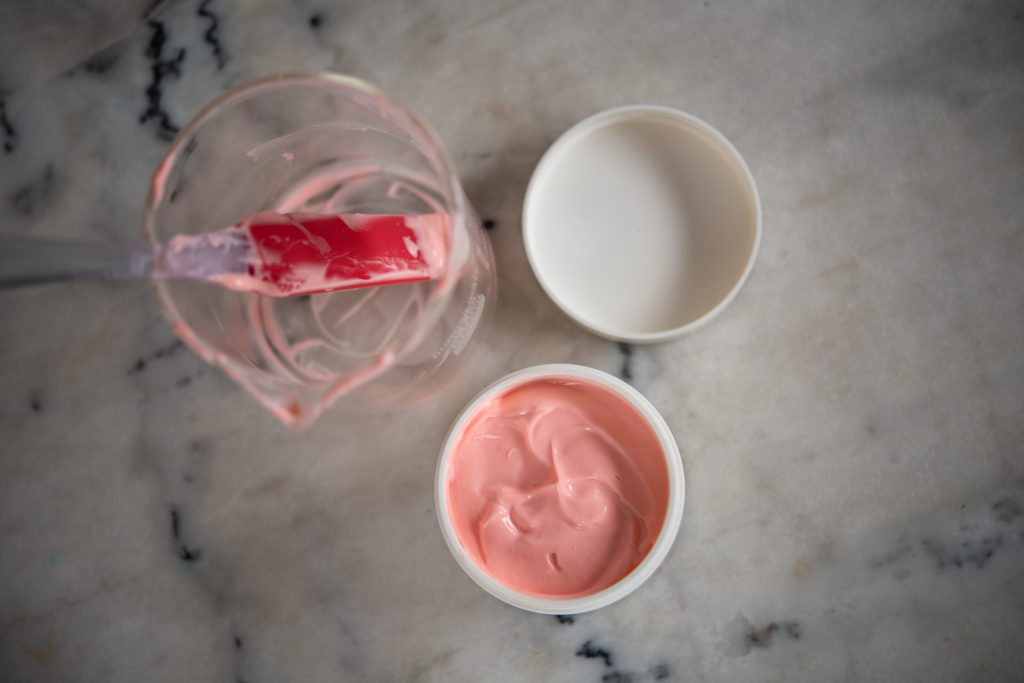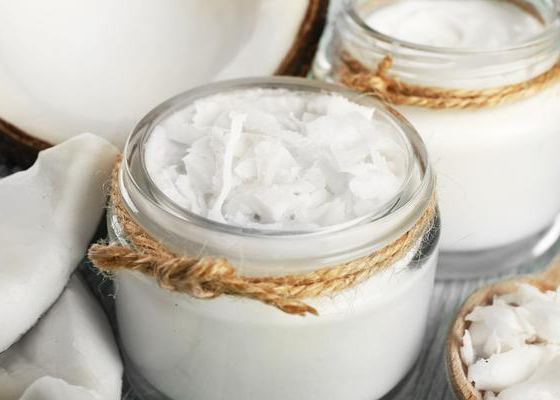Meet Marie Rayma Skincare & Haircare making Educator
At Bulk Apothecary, we take immense pride in supporting and showcasing the brilliant makers we supply with their skincare and candle-making needs. Each month, we shine a spotlight on one of these creative souls, sharing their inspiring journey with the world.
For that reason, this month, we’re thrilled to introduce you to Marie Rayma, owner of Humblebee & Me, an extraordinary talent in the maker community. Marie’s passion is teaching people how to make their very own skincare and haircare products from scratch. We are excited to share her story with you!
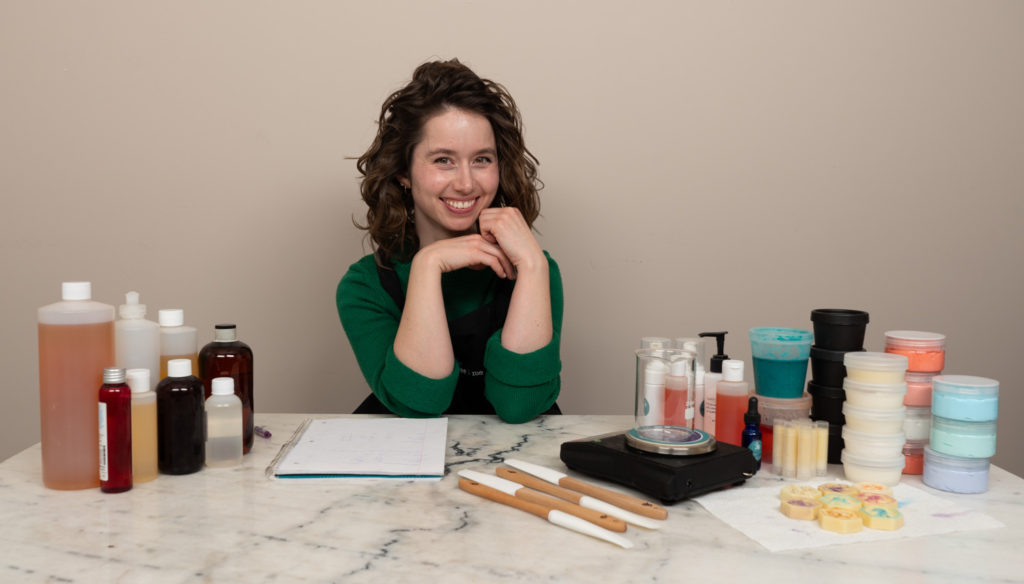
Marie Rayma is an author, creator, and lover of making skincare & haircare products! She has a Bachelor of Design Honours from York University and Sheridan College. She also has two diplomas from Formula Botanica. A Diploma in Organic Skincare Formulation, and a Diploma in Organic Haircare Formulation. As a bulk supplier for the skincare-making community, we want to help you grow your business. This is why we asked Marie to be February’s maker of the month.
Meet Marie, the DIY Skincare & haircare Educator
Marie, we are so excited to showcase you this month. Can you tell us a little bit about yourself?
Hi! I’m so honored to be Bulk Apothecary’s Maker of the Month—thank you for this opportunity.
My name is Marie Rayma and I live in Calgary, Canada. I run a blog & YouTube channel called Humblebee & Me. Here I teach people how to make their very own skincare and haircare products from scratch. Few things give me more joy than hearing that someone has made something they adore from one of my formulations.
I don’t sell my handmade products; I’m solely focused on teaching and empowering my readers and viewers to create things they love. With over 1000 free formulations, hundreds of videos, and over a thousand posts—all about formulation —in the last 12+ years.
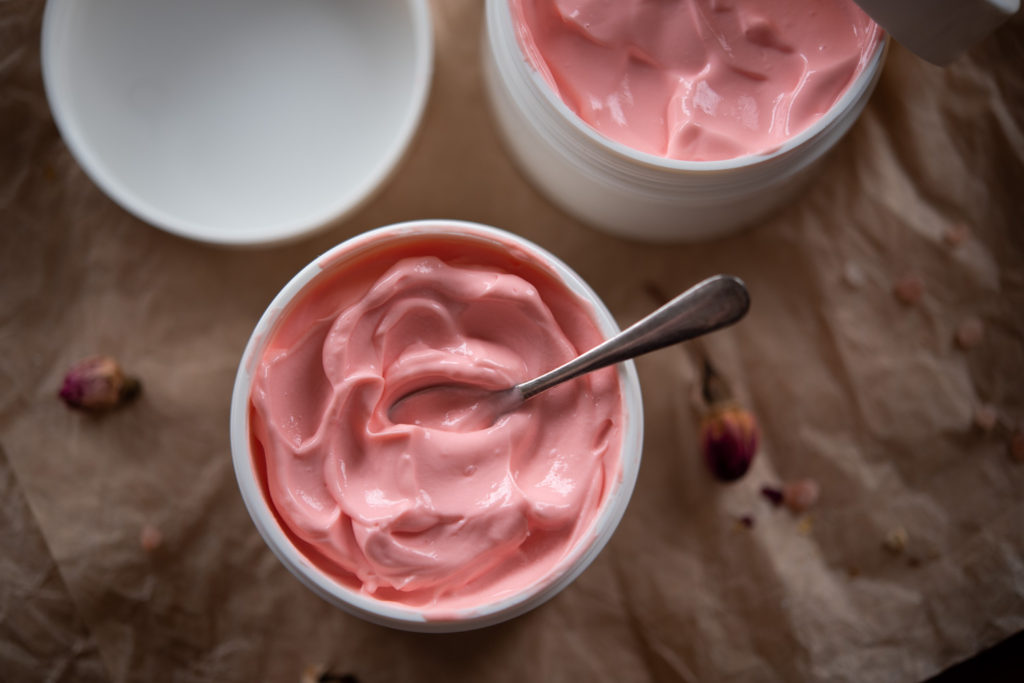
Marie, we love hearing about this passion for supporting the skincare and haircare maker community. As a creator and educator, where did your journey begin and grow to what it is today?
I’ve always been really passionate about figuring out how things are made and how they work. This led me to explore everything from bookbinding, and costume-making to graphic design. In which I ended up earning a degree.
My interest in DIY skincare was sparked when a friend introduced me to argan oil; she’d purchased a pricey bottle of it from Sephora, fallen in love, and gave me a bit to try. That sent me down quite the rabbit hole! I began researching argan oil. This led me to discover more carrier oils and butters. A few months later I ran out of lip balm and thought “I bet I could make this”—so I did!
In September 2011 started my blog. I did this as an accountability tool and a way to share what I was making. Early Humblebee & Me was very scattered, with posts on everything from the Titanic costumes I made to DIY lip balm and artsy photos of the family dog. Over time both I (and the blog) became much more focused on DIY skincare. From here I started to grow an audience.
In 2015 I signed my first book deal for Make it Up: The Essential Guide to DIY Makeup and Skin Care. Shortly after I submitted the manuscript to my publisher in the spring of 2016 I was laid off from my full-time job as a graphic designer. Rather than pursue another full-time position I decided to see if I could make a go of it as a blogger. I really had no idea where to start! That’s when I launched the Humblebee & Me YouTube channel.
In the years since I’ve been working really hard at continuing to learn and grow as a formulator, an educator, and a creator. I feel incredibly blessed to be able to do so much of what I love.
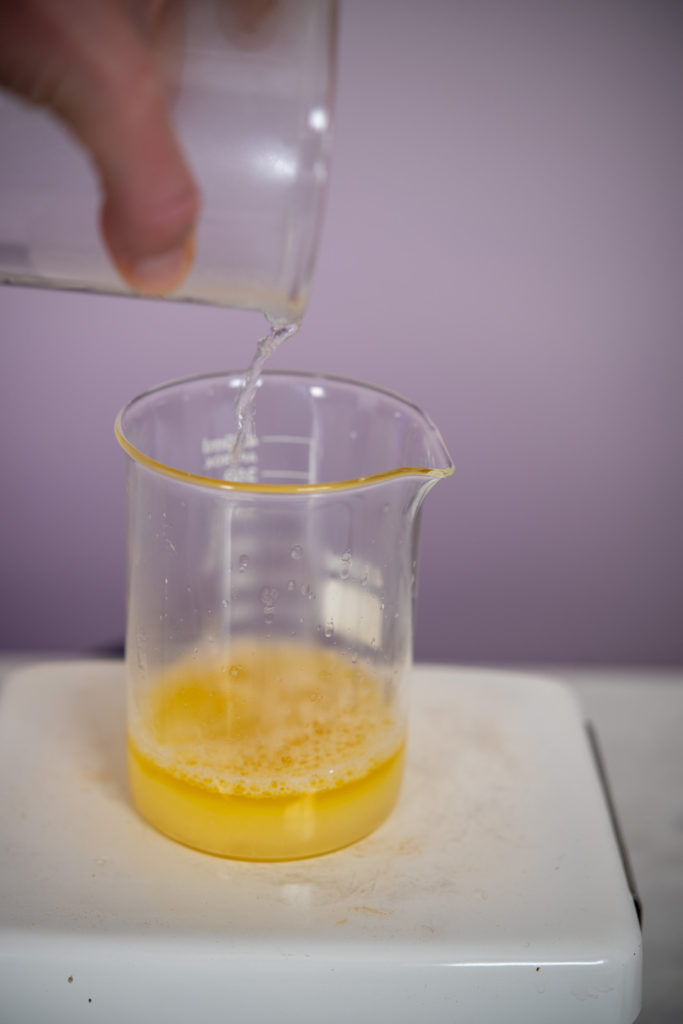
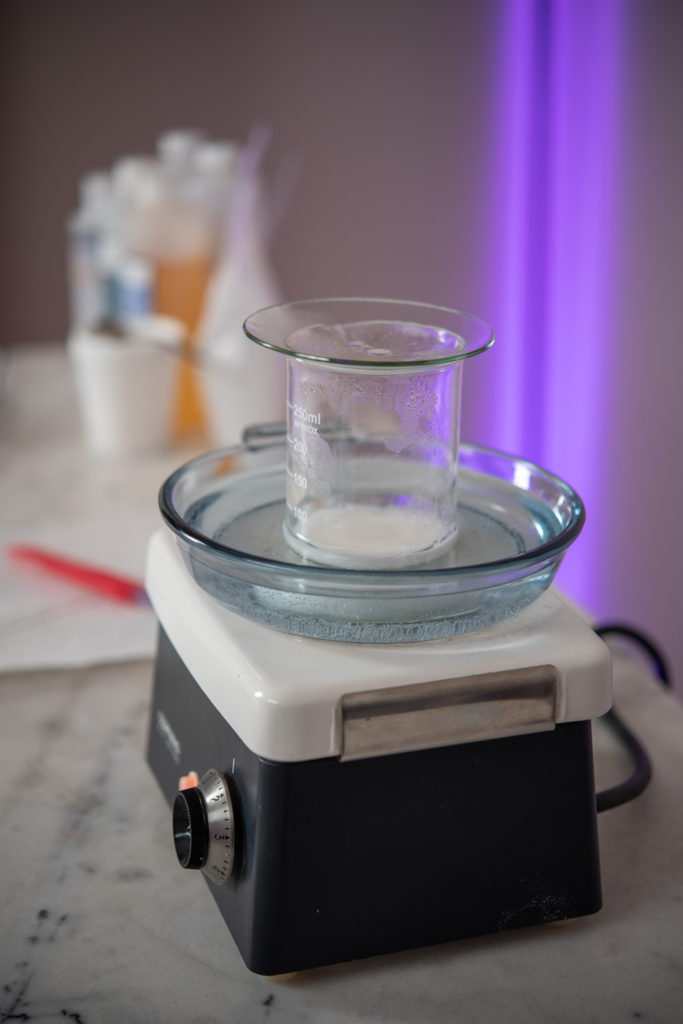
What do you love most about creating DIY Skincare products and educating others who want to create?
I love the “a-ha!” moments—those lightbulb moments where I realize why something is happening (or not happening!). I’m able to zoom out and apply that new knowledge to better understand past experiences and solve problems. It’s absolutely intoxicating! That’s the sort of thing that’ll have me dropping everything to run to my studio—day or night—and start making, testing, and trying.
I am thrilled when someone lets me know that something I’ve shared has helped them have their own “a-ha!” moment. Leading them to solve a problem they’ve been struggling with, or understand a concept that has never quite “landed” before. It’s truly one of the best parts of what I do.
What is your favorite product you have created?
I’m really proud of my shampoo bar formulations and the digital shampoo bar workshop. It teaches makers how to formulate their own rock-hard shampoo bars from scratch.
I have experimented a lot over many years to figure out how to reliably make really hard shampoo bars quickly & easily. Finally, I turned all that knowledge into a comprehensive digital workshop. It’s incredibly exciting and rewarding to hear from my students that they’ve finally been able to develop their own shampoo bar formulations that suit their hair, are fun to make, and get really hard, really fast!
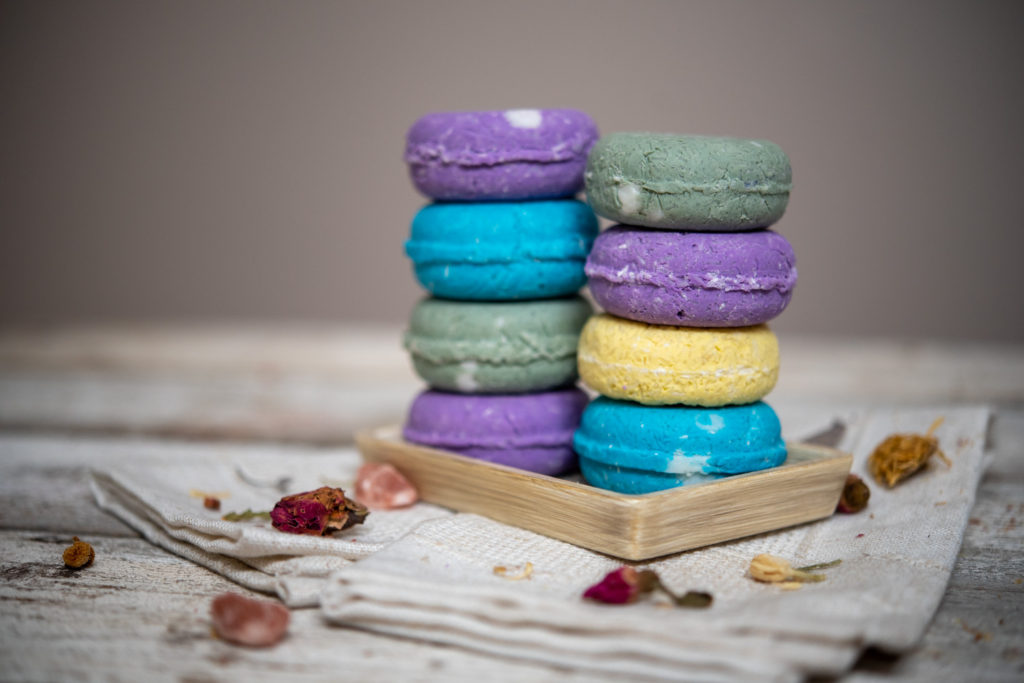
What is your favorite part of teaching others to make their own skincare and haircare products?
I love showing people that they can create things they love and empowering them to bring their ideas to life. Hearing from a reader that they were able to create the hand lotion or shampoo bar of their dreams. Knowing it is thanks to something they learned from me makes my day every single time.
What is one piece of advice that has helped you in your business?
It is essential to frame what you offer in terms of the benefits to your potential customers, or they’re unlikely to care. Also—know your customer! It’s impossible to know what your customers will see as a benefit if you don’t know who they are and what matters to them.
What is the most frequently asked question you get and your solution as an educator?
It’s definitely some variation on “can I do X?” or “what will happen if I do Y?”—and the best answer is almost always “try it and see!”.
I always recommend starting with a base of research when experimenting and trying new things; it’s especially important to know any maximum allowable usage rates so you aren’t creating anything unsafe.
But after that, try it and see! Hands-on experience is truly the best teacher, and so many formulation questions simply don’t have “Google-able” answers.
- Keep your experiments small to reduce waste (purchase a scale that’s accurate to 0.01g if you don’t already have one).
- Work in percentages.
- Take tons of notes (there’s no such thing as too many notes!).
- Only change one thing at a time so you understand how each change impacts a formulation.
As you continue to experiment you’ll develop a “feel” for how one carrier oil feels vs. another, how much 5% of a certain thickener impacts a formulation, how different emulsifiers impact your products, and more. Each of those lessons will allow you to make better, more educated decisions as you create more products in the future.
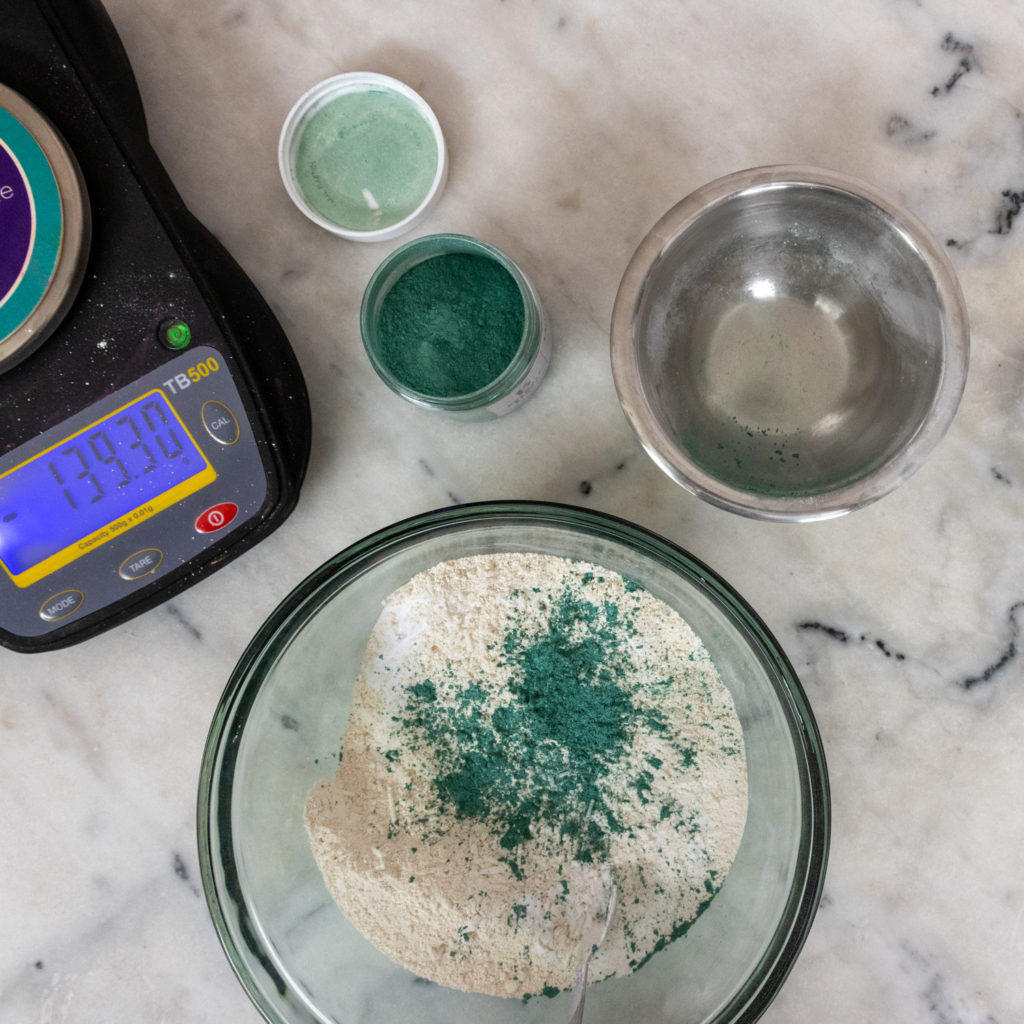
What are some of the biggest challenges you and your business face?
Teaching-wise, I’m always trying to figure out how to teach important formulation concepts that seem intimidating or boring. If someone won’t click on a video or read a blog post I can’t teach them, and they won’t click if they’re not interested or don’t understand why it’s important.
Personally, deciding where to focus my time and energy is an ongoing challenge. I’m just one person and there are so many things I want to do! I’ve been taking some time away from creating full-length videos on YouTube lately in order to focus on some other projects—the biggest of which was a ground-up re-do of the DIY Skincare for Beginners mini-course I first launched back in 2016. A total revamp is something I’ve been meaning to do for a while but never had time for. I just finished that and launched it at the start of February! I’m super proud of it, and proud of myself for recognizing I needed to mix things up to get it done.
What is your favorite Bulk Apothecary product and how do you use it in your business?
I’ve really enjoyed using your Dead Sea Clay in face masks; it’s a great way to get the benefits of Dead Sea mud without nearly as much mess (or stink) as working with a tub of wet mud!
What is your favorite part of the creative process? Least favorite?
It’s really hard to choose a favorite part! At this moment I’d say it’s the research and inspiration phase—when I have an idea and am just bursting with excitement to run to the studio to try it out.
My least favorite part is probably cleaning up after myself; I make a lot of messes, and some of them are very stubborn!
Where do you draw your inspiration from?
I get a ton of inspiration from researching my ingredients. For example, when I was researching isopropyl myristate (IPM) I learned it is sold at theater supply shops as a makeup remover. That inspired me to develop a cleansing oil formulation that included IPM. That formulation works really well to remove long-wearing makeup.
Reading ingredient lists for commercial products is also very inspiring! It is a great way to see ingredients in new settings, and I’ve found many new-to-me uses for ingredients this way. Every month on my Patreon we do a Live Ingredient List Analysis session where we break down the ingredient list for a commercially available product to figure out how it works. These sessions are so fun and we always learn a lot! Last month we looked at Glossier’s Milky Jelly Cleanser, and as part of the research we learned it had been reformulated in the last year or so—a change a lot of online reviewers seemed unhappy with. We were then able to compare and contrast the two ingredient lists and figure out why the new version wasn’t working as well. It was a really fun bit of formulation detective work!
Do you have any words of wisdom to offer any aspiring makers?
Start working in weights and percentages as soon as possible.
Research obsessively, and file away things that don’t make sense at the moment; you never know when you’ll happen across some tidbit of information that’ll bring it into focus!
Take lots of notes—it should feel like too much.
Give it time, and expect everything to take longer than you think it will.
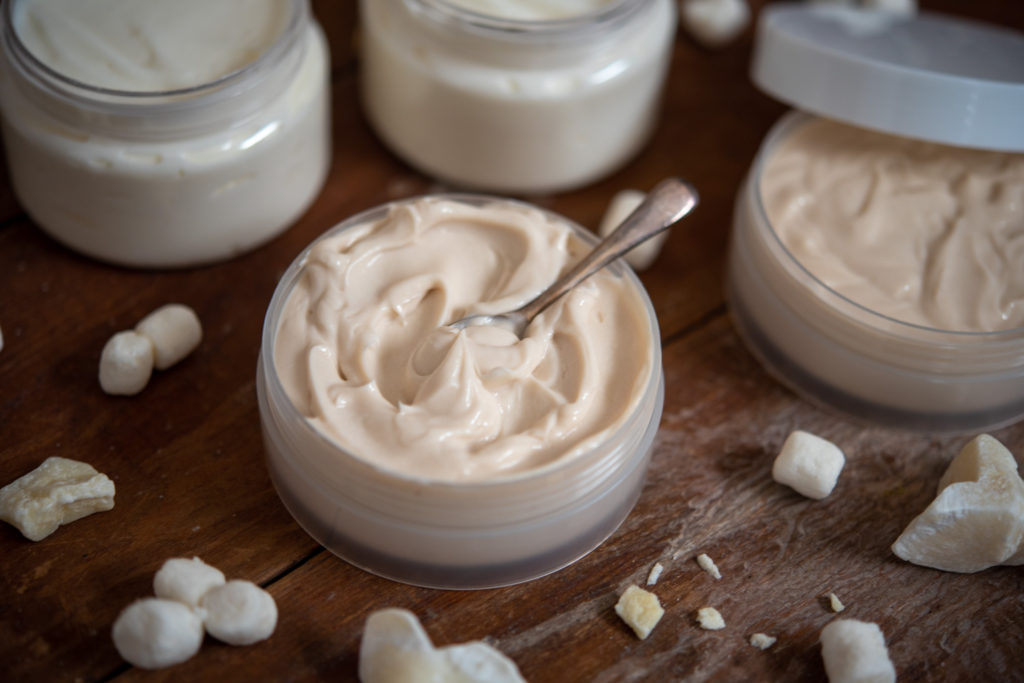
As an educator what do you feel is the best place to start when opening a business selling homemade products?
I’d recommend starting with a product or two that you’ve been making for years and know inside out. You want to be 100% certain that it is stable, effective, and awesome!
Start with a relatively small collection of products to minimize costs and complications. Launching a business is full of new challenges like branding, building a website, figuring out shipping, purchasing insurance, and ensuring your labels are legally compliant. It is really easy to get overwhelmed. There’s plenty of time to add more products to your lineup once you’ve tackled all those other challenges!
Also: make sure you’ve got good insurance.
What are your must-have tools and products to have on hand?
My all-time favorite tool is a very specific ultra-flexible silicone jar spatula that I’ve been using since my earliest DIY days. It’s got a long, thin blade that is perfect for making small batches and scraping every last bit of product out of my beakers. I recently purchased about 100 of them so I always have a clean one on hand!
My Jennings TB500 scale; is accurate to 0.01g with a maximum weight of 500g, and it’s what I use for 99% of my formulating work. It’s accurate, durable, and doesn’t auto shut-off while I’m working.
I’m also a big fan of my collection of borosilicate beakers. I’ve got them in a wide variety of sizes,. Having multiples means I don’t have to stop formulating to do dishes.
I recently installed a pegboard in my studio and I wish I’d done it years ago. It is used to hang all my most used tools: spatulas, whisks, immersion blenders, and more. I love having everything right there, and I think it looks pretty cool, too!
Thank you so much for taking the time to share a look into your work. Do you have any online classes or products you want to tell our community about?
Definitely! I just launched my completely revamped DIY Skincare for Beginners mini-course. I’m super proud of it! It is absolutely packed full of information I wish I’d had when I first started making.
It uses just six basic ingredients and inexpensive equipment, and I teach you how to create, troubleshoot, and customize a variety of simple butters and balms. This is in tandem with essential formulation skills like how to use a scale, how to work in percentages, and how to customize your formulations. You can sign up here.
If you’re a more intermediate maker, check out my Shampoo Bar Workshop. Here you can learn how to formulate your very own rock-hard shampoo bars from scratch. You’ll learn how to create long-lasting, super sudsy shampoo bars that make your hair feel soft and manageable—without any fancy equipment or hard-to-get ingredients. I also share troubleshooting tips and customization guidelines. I’ll walk you through drafting up your very first shampoo bar formulation. The reviews have been great and I’m super proud of this workshop.
I also share a lot of exclusive content with my patrons on Patreon. Including videos on experiments and new formulations, live office hours, and behind-the-scenes updates.
And lastly, I wrote a book! Make it Up: The Essential Guide to DIY Makeup and Skin Care is all about how to make your own colorful cosmetics from scratch. If you’ve ever wanted to make your own foundation, blush, lipstick, or highlighter I definitely recommend checking it out.
Thank you again for this opportunity, and happy making!
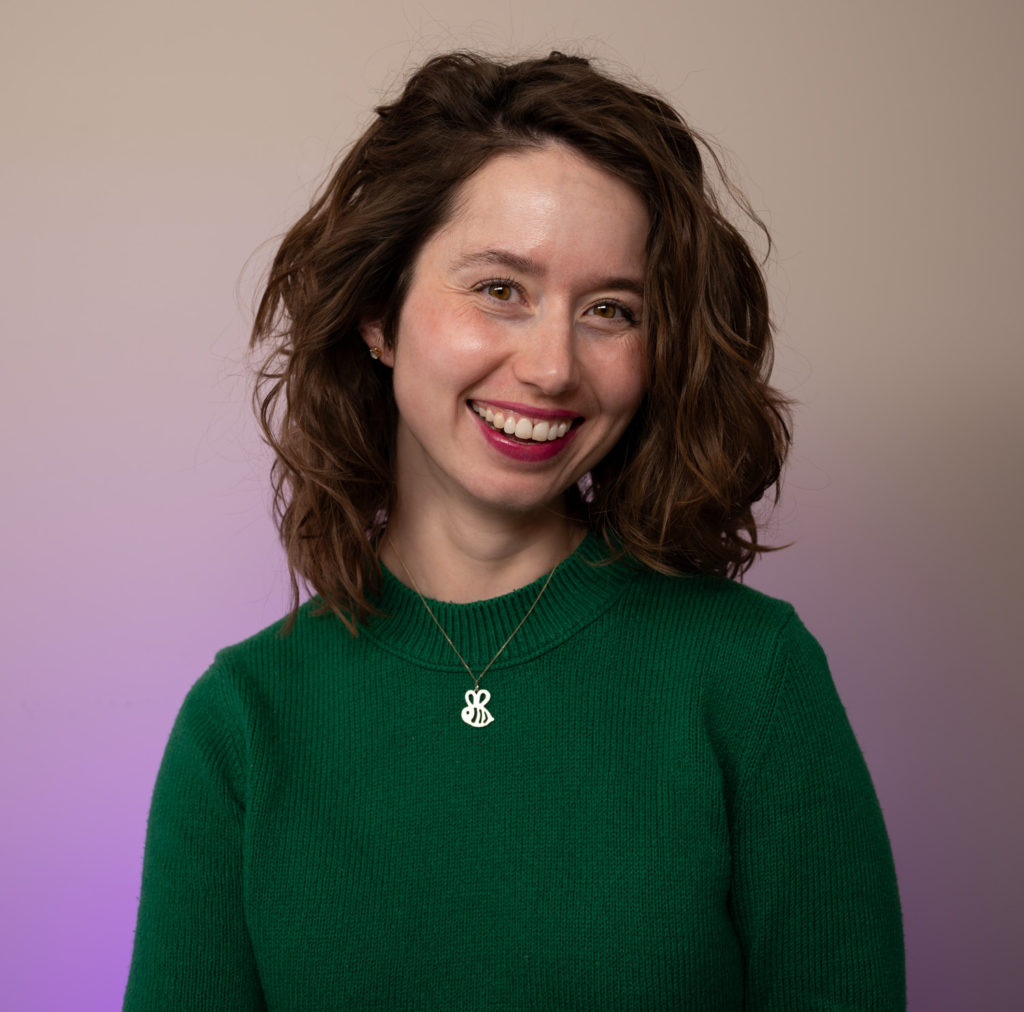
Learn more from Marie
The best places to find me and my work are on my website, and on my YouTube channel
If you want to learn more about how to make skincare products, check out this blog, Soap Making: A Guide to Crafting and Selling Soap
